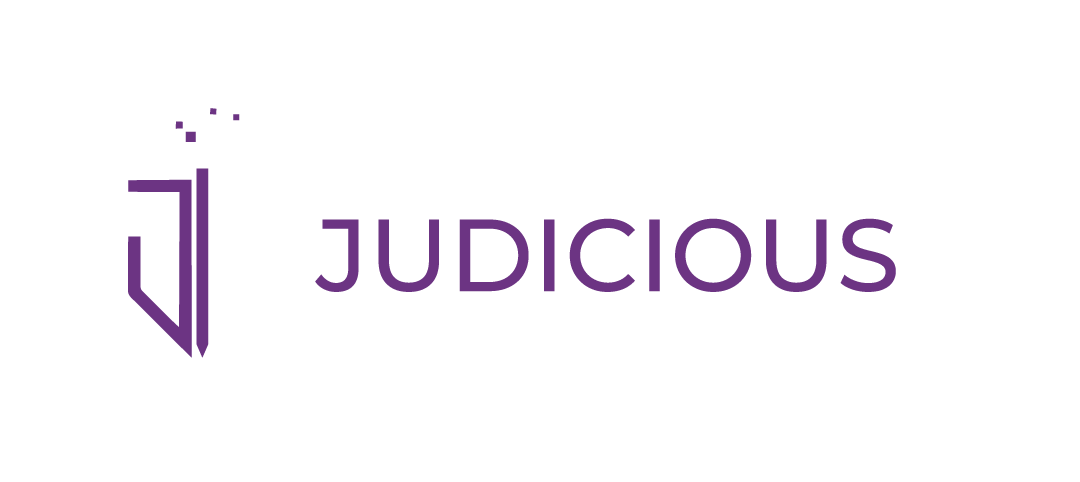In today’s fast-paced digital landscape, artificial intelligence (AI) is revolutionizing how businesses engage with their audience. From personalized marketing strategies to advanced data analytics, AI is reshaping the way brands connect with consumers and optimize their campaigns. Below, we delve into the various applications and benefits of AI in digital marketing, showcasing its transformative potential.

What Is Artificial Intelligence in Digital Marketing?
AI in digital marketing refers to the use of machine learning algorithms, natural language processing, and data analytics to automate and enhance marketing efforts. This advanced technology enables businesses to predict customer behavior, deliver tailored experiences, and make data-driven decisions.
Key Applications of AI in Digital Marketing
1. Personalized Customer Experiences
AI enables marketers to deliver hyper-personalized content to their audience. By analyzing user data such as browsing history, purchase behavior, and preferences, AI tools can:
- Recommend relevant products.
- Tailor email marketing campaigns.
- Personalize website content dynamically.
For example, Netflix’s recommendation algorithm leverages AI to provide personalized show suggestions, boosting customer satisfaction and retention.
2. Enhanced Chatbots and Customer Support
AI-powered chatbots have become a staple in digital marketing. These intelligent virtual assistants can:
- Handle customer queries 24/7.
- Provide instant responses.
- Offer personalized solutions.
Popular platforms like Facebook Messenger and WhatsApp Business are integrating AI chatbots to improve customer engagement and reduce response times.
3. Predictive Analytics and Insights
AI enables businesses to harness the power of predictive analytics, which allows marketers to forecast future trends and customer behavior. Key benefits include:
- Identifying high-value customers.
- Predicting product demand.
- Optimizing pricing strategies.
By leveraging tools like Google Analytics 4 and Tableau, brands can transform raw data into actionable insights.
4. Content Creation and Optimization
AI is revolutionizing content creation by generating data-driven, relevant, and engaging content. Tools like Jasper AI and Copy.ai assist marketers in:
- Writing blog posts, social media captions, and ad copy.
- Optimizing content for search engines.
- Generating ideas based on trending topics.
AI ensures content remains consistent and aligned with brand messaging.
5. Voice Search Optimization
With the rise of smart speakers like Amazon Alexa and Google Home, voice search is becoming increasingly popular. AI-driven voice search optimization helps businesses:
- Target conversational keywords.
- Provide quick and relevant answers.
- Improve local search rankings.
Implementing voice-optimized content is crucial for brands aiming to stay ahead in the digital space.

6. Programmatic Advertising
Programmatic advertising uses AI to automate the buying and selling of online ad spaces. This technology allows businesses to:
- Target specific demographics.
- Adjust bids in real-time.
- Maximize ROI through precision targeting.
Platforms like Google Ads and Meta Ads Manager are at the forefront of AI-driven programmatic advertising.
7. Social Media Management
AI tools streamline social media management by analyzing user engagement, scheduling posts, and even generating content. Popular tools include:
- Hootsuite: Automates post scheduling and performance tracking.
- Buffer: Provides AI-based suggestions for content improvement.
- Sprout Social: Offers insights into audience behavior.
These tools enable marketers to maintain a consistent and impactful social media presence.
Benefits of Using AI in Digital Marketing
1. Increased Efficiency
AI automates repetitive tasks, freeing up valuable time for marketers to focus on strategy and creativity. This efficiency translates into faster campaign execution and reduced operational costs.
2. Improved Accuracy
By analyzing vast amounts of data, AI eliminates human error and ensures more precise targeting. This accuracy enhances campaign performance and ROI.
3. Scalability
AI solutions are scalable, making them suitable for businesses of all sizes. Whether you’re running a small online store or a multinational corporation, AI adapts to your needs.
4. Enhanced Customer Engagement
With AI, businesses can interact with their audience more effectively, fostering long-term relationships and boosting brand loyalty.
Challenges in Implementing AI in Digital Marketing
While AI offers numerous benefits, its implementation comes with challenges:
- Data Privacy Concerns: Striking a balance between personalization and user privacy is critical.
- High Initial Costs: Implementing AI tools can be expensive for small businesses.
- Skill Gaps: Marketers need to upskill to effectively use AI technologies.
Overcoming these challenges requires strategic planning and investment in education and resources.
Future Trends in AI and Digital Marketing
1. AI-Driven Video Content
As video continues to dominate online content, AI is enabling the creation of personalized, interactive videos tailored to individual viewers.
2. Advanced Sentiment Analysis
AI tools are becoming adept at analyzing customer sentiments through social media and reviews, helping brands understand and respond to audience emotions.
3. Augmented Reality (AR) Integration
AI-powered AR experiences are set to revolutionize product demonstrations, offering immersive and engaging customer interactions

Conclusion
The use of artificial intelligence in digital marketing is no longer a luxury but a necessity for businesses striving to remain competitive. By harnessing AI’s capabilities, brands can achieve unprecedented levels of personalization, efficiency, and engagement. Whether it’s through predictive analytics, chatbots, or content optimization, AI is reshaping the future of digital marketing.
FAQ’s
What is AI in digital marketing?
AI in digital marketing refers to the use of advanced technologies like machine learning, natural language processing (NLP), and predictive analytics to enhance and automate marketing strategies. It helps businesses analyze data, predict customer behavior, and deliver personalized marketing campaigns.
How does AI improve customer experience?
AI improves customer experiences by:
Personalizing Content: AI algorithms analyze user preferences to offer tailored recommendations.
Enhancing Customer Support: AI chatbots provide instant responses and personalized solutions.
Anticipating Needs: Predictive analytics help marketers anticipate customer behavior and preferences.
What are some common applications of AI in digital marketing?
AI is used in digital marketing for:
Personalized Marketing: Delivering tailored ads, emails, and website content.
Chatbots: Providing 24/7 automated customer support.
Predictive Analytics: Forecasting trends and optimizing marketing strategies.
Content Creation: AI tools like Jasper and ChatGPT assist in generating high-quality content.
Ad Targeting: AI improves ad placement and targeting for better ROI.
What tools use AI in digital marketing?
Some popular AI-powered tools in digital marketing include:
HubSpot and Salesforce: For customer relationship management and marketing automation.
Google Analytics 4: For predictive analytics and customer insights.
Grammarly and Jasper: For AI-driven content creation and editing.
Hootsuite Insights: For social media sentiment analysis.
Can AI replace human marketers?
AI is a powerful tool but not a replacement for human creativity and strategic thinking. While AI automates repetitive tasks and provides data-driven insights, human marketers are essential for:
Crafting creative strategies.
Building emotional connections with customers.
Managing and interpreting AI outputs.
AI is best seen as a complement to human efforts, not a substitute.
How does AI help with SEO?
AI enhances search engine optimization (SEO) by:
Analyzing Trends: AI tools identify high-performing keywords and content gaps.
Content Optimization: AI-driven platforms like Clearscope help refine content for better rankings.
Voice Search Optimization: AI tailors content to match conversational search queries.
Improving User Experience: AI enhances website design and navigation, leading to better engagement metrics.
Are there challenges in using AI for digital marketing?
Yes, challenges include:
Data Privacy Concerns: Handling sensitive customer data responsibly.
High Initial Costs: Investing in AI tools and infrastructure can be expensive.
Skill Gaps: Marketing teams may need training to leverage AI effectively.
Dependence on Data Quality: Poor data quality can hinder AI performance.

